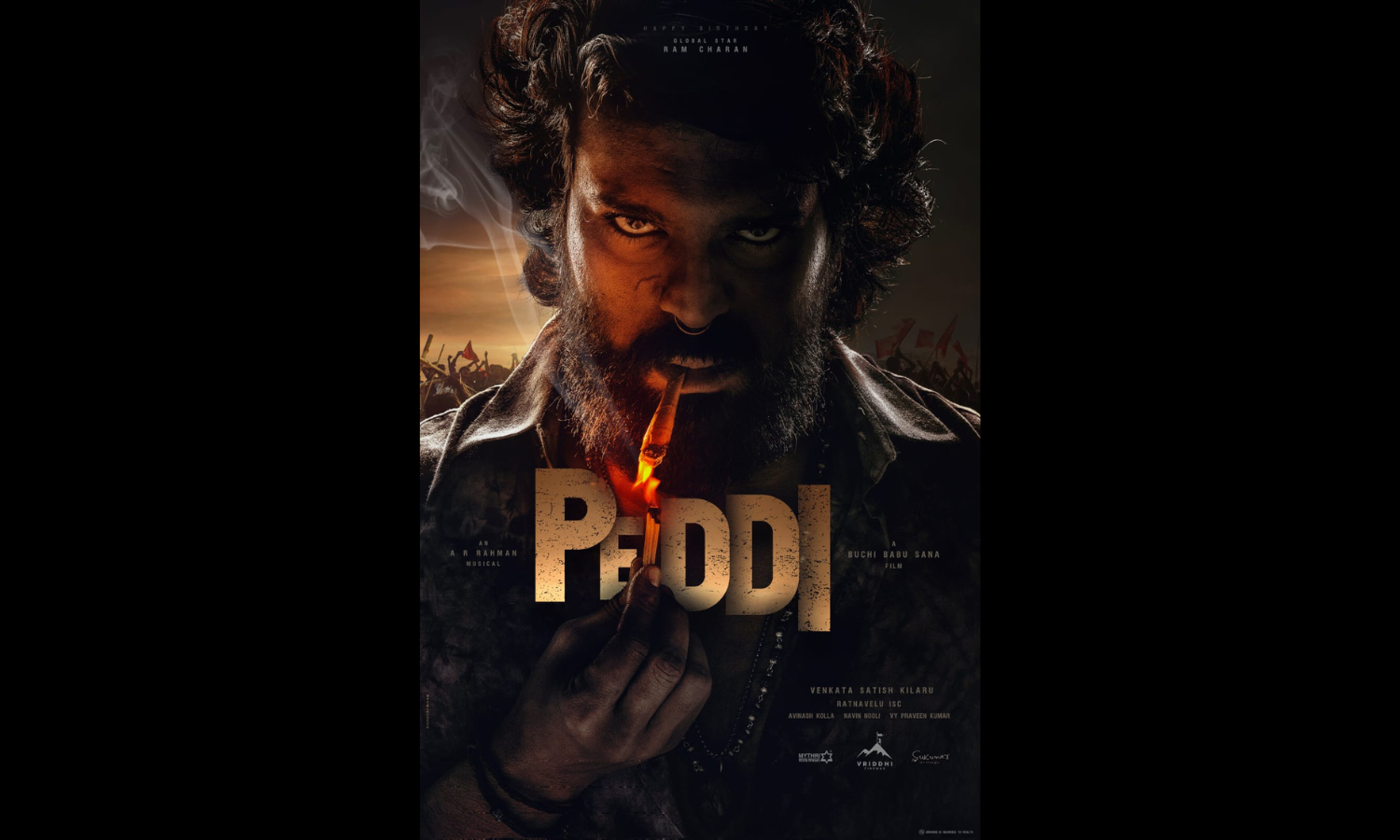"In the age of machines, perhaps we should think about this: humans know things and so do machines, but they don't know them the way humans know them, although, depending on how, they know them better. The fact is that it's not just what is known that's important, but also how it is known," wrote philosopher Josep Maria Terricabras in his book , published in 1998. Artificial intelligence was not yet being discussed, but the thinker was already advocating the need for tools and aids to think better and reflected on the "usefulness of rigorous thinking in everyday life," as the book's subtitle stated.
It was this book that inspired the awards named after Manel Xifra Boada, founder of Comexi, one of the largest companies in Catalonia, a world leader in the flexographic printing machinery construction sector, which today exports 90% of its production, with an annual turnover of more than 100 million euros. Knowledge and, above all, the transmission of knowledge, were an obsession for the entrepreneur, a technical engineer who as a young man was fascinated by machinery and who began working as an intern with his uncle in a workshop that would be the seed of Comexi, as Jordi Grau explains in the book. .

The volume, which includes a text by historian Joaquim Nadal on the importance of Comexi in the industrialization of Catalonia, also explains that 20 years ago, it was Narcís Bartina, then dean of the Girona College of Technical Industrial Engineers, who proposed to Manel Xifra Boada that they create awards in his name, based on the idea that "knowledge is a product of the mind, exportable to another mind." True to this idea, the awards include an award for the transmission of technical and technological knowledge. They also include an award for the best professional career, that is, for those who have applied this knowledge, and awards for the three best final-year projects, now degree projects, from the Board of Trustees of the Higher Polytechnic School of the University of Girona.
In 2015, an award for the applied research group or technology center was added. Comexi, the founder's tenth child Misfortune prevented Manel Xifra Boada from attending the presentation ceremony for the first awards bearing his name, as he died shortly after the awards were created. The company is now run by his son, Manel Xifra Pagès, who recalls that his father didn't leave the company until two or three weeks before his death.
In the book about the twentieth anniversary of the awards, his son recounts that "there were nine siblings at home, but everyone knew there were actually ten, because for his father, the company was like a son, and he was the favorite and the one to whom he dedicated the most time." The book will be presented on April 10 at the Girona Chamber of Commerce as a prelude to the twentieth edition of the awards, scheduled for May 15 at the CaixaBank auditorium in Girona..
The businessman who dared to think

"In the age of machines, perhaps we should think about this: humans know things and so do machines, but they don't know them the way humans know them, although, depending on how, they know them better. The fact is that it's not just what is known that's important, but also how it is known," wrote philosopher Josep Maria Terricabras in his book Dare to think, published in 1998. Artificial intelligence was not yet being discussed, but the thinker was already advocating the need for tools and aids to think better and reflected on the "usefulness of rigorous thinking in everyday life," as the book's subtitle stated. It was this book that inspired the awards named after Manel Xifra Boada, founder of Comexi, one of the largest companies in Catalonia, a world leader in the flexographic printing machinery construction sector, which today exports 90% of its production, with an annual turnover of more than 100 million euros.















